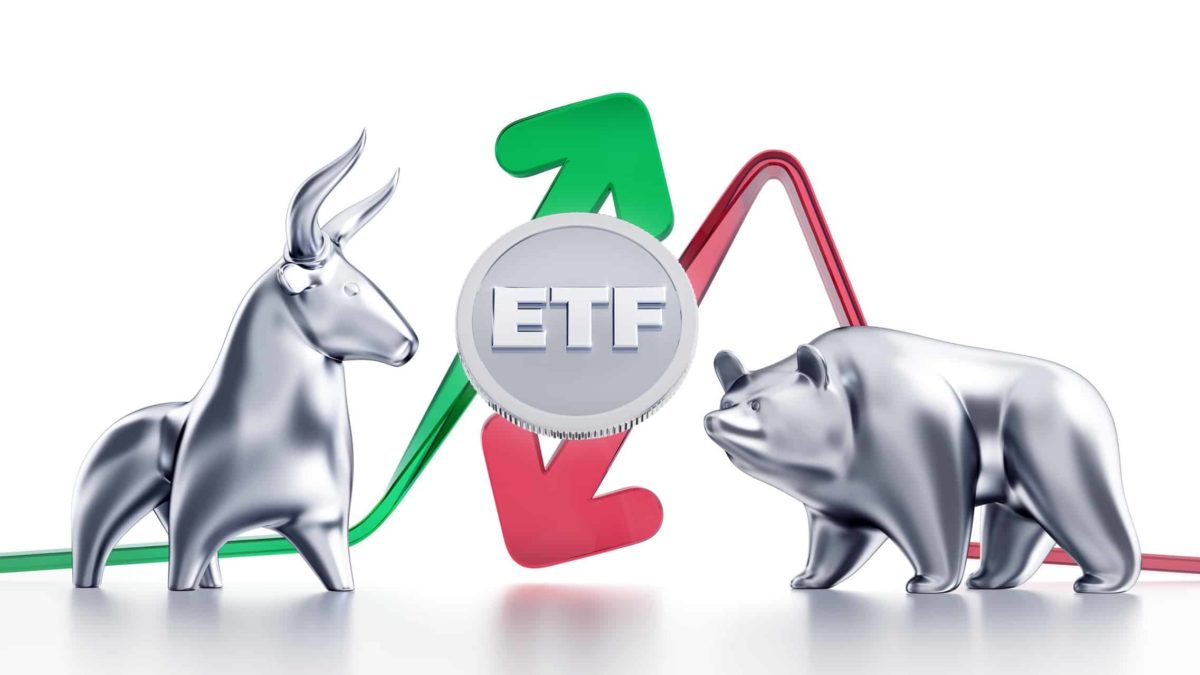This article was originally published on Fool.com. All figures quoted in US dollars unless otherwise stated.
Investors interested in gaining access to the stock and bond markets currently enjoy a wide variety of possibilities as the universe of exchange-traded funds (ETFs) has grown. For the most part, this growth in low-cost, easy-to-access ETFs has been a boon for investors. However, while gaining access to niche sectors of the market through these products has never been easier, the risk to investors getting burned in some of these funds has increased.
As the popularity of exchange-traded funds has grown, providers have begun to create more intricate securities. In general, ordinary investors should avoid these less-understood funds. Some of these newer, more complex products come with higher risks and are not appropriate for the average investment portfolio.
Understanding the difference between standard and complex funds
Most investors have a strong grasp on how exchange-traded funds operate. In a standard ETF, the value of the security will correlate exactly with the value of an underlying basket of stocks or bonds. The SPDR S&P 500 is a good example of a standard fund.
This is not necessarily the case with more intricate securities. These more complex products go beyond simply imitating an underlying basket of stocks and bonds. An example is the Proshares UltraPro Short S&P 500, which utilizes debt, also known as leverage, in their investments to augment their profits (or losses). The added complexity is what makes an investment like this potentially dangerous.
Another example of this exotic ETF product is the United States Oil Fund (NYSEMKT: USO), which attempts to track the performance of a global oil price index. In this case, the security utilizes futures contracts in order to achieve the performance of the underlying market. However, the value of futures contracts can be affected by many factors that have no correlation to the oil market, such as interest rate levels and time until expiration. It is quite possible that the security's value could be negatively affected by factors that have nothing to do with movements in the oil market.
In fact, many investors lost money in the USO back in April as front month futures contracts went to zero during upheaval in the oil markets. This was a situation that the oil market (and its investors) had never experienced before.
How investing in these complex securities can go wrong
It is difficult, if not impossible, for ordinary investors to fully understand the underlying risks and how these instruments are going to perform under different market conditions. This is particularly the case in extremely volatile markets like the COVID-19 financial crisis.
An example of this involves long/short funds, such as the ProShares Long Online/Short Stores (NYSEMKT: CLIX). Long/short funds are patterned after an institutional hedge fund strategy that aims to buy stocks that they believe have a strong chance of increasing in value and sell stocks short that they believe should lose in value.
In theory, investors can expect this strategy to do well during periods of volatility, like we just experienced in the COVID-19 crisis. Todd Rosenbluth, head of ETF and mutual-fund research at CFRA said, "This seemed like it was a great environment for long-short strategies as we saw U.S. equities fall into a bear market and subsequently recover much of the losses." However, that did not happen. As Mr. Rosenbluth points out, "The majority of funds in the category lost money, some substantially."
Understanding the underlying risks is challenging
Many of these products have been created to track the performance of markets which historically have been the domain of expert institutional investment professionals. These professionals have extensive research staffs and fully understand the risks that they are undertaking. Unfortunately, this is not the case for most ordinary investors.
Global oil markets and long/short strategies are just two examples of this. Case in point, many professional oil traders warned investors to avoid trading oil funds during the market upheaval in April. Those that did not heed this warning lost money.
Exchange traded funds are an amazing innovation that help investors gain quick and inexpensive access to broad market diversification. However, it can be extremely difficult for ordinary investors to fully understand the risks of the more complex securities. If investors do not fully understand the risks and rewards of a particular strategy, it is best not to invest at all.
This article was originally published on Fool.com. All figures quoted in US dollars unless otherwise stated.








